I& #39;ve seen many variations of sugar is a "deadly psychoactive drug" so for personal interest I& #39;ll attempt a layperson analysis. The aim is NOT to pick on @FruehlingAnna (though it does concern me that she& #39;s telling her clients this). Corrections welcome... https://twitter.com/FruehlingAnna/status/1246543665503191040">https://twitter.com/Fruehling...
I& #39;ve chosen to use this paper as the title alone - "Intense Sweetness Surpasses Cocaine Reward" - indicates it favours those that share the sugar = drug narrative and I expect they& #39;d be happy with it as a starting point: https://www.ncbi.nlm.nih.gov/pmc/articles/PMC1931610/">https://www.ncbi.nlm.nih.gov/pmc/artic...
So let& #39;s start with "sugar IS a drug". Literally speaking this one& #39;s easy; it& #39;s not, it& #39;s a generic name for carbohydrates which are in most foods in various formats. Essential or inessential is a debate that has been raging for years so I won& #39;t go into that but...
...I& #39;ll treat phrase "sugar IS a drug" as hyperbole rather than literal and revisit. For now; "psychoactive", which literally means "affecting the mind"; this is inarguable given the brain runs on glucose and/or ketones however, in this case the comparison is with cocaine...
...outside of a lab of mice; trying to sell someone a bag of sugar with claims it& #39;s a psychoactive like cocaine, would at minimum, result in you lying on the ground. Clearly it& #39;s not "psychoactive" in any party town sense of the word...
Next up "deadly": This is true of any OVERCONSUMPTION of anything, even water: https://en.wikipedia.org/wiki/Water_intoxication.">https://en.wikipedia.org/wiki/Wate... Intentionally silly aside; note the symptoms; "personality changes, changes in behavior" are similar to drug use but no one would equate water with recreational drugs...
...so back to the study: https://www.ncbi.nlm.nih.gov/pmc/articles/PMC1931610/
Short">https://www.ncbi.nlm.nih.gov/pmc/artic... version: rats chose water sweetened with saccharin or sucrose over cocaine. If you need your narrative to be "sugar is a drug" then you& #39;ll likely be happy to stop there. BUT...
Short">https://www.ncbi.nlm.nih.gov/pmc/artic... version: rats chose water sweetened with saccharin or sucrose over cocaine. If you need your narrative to be "sugar is a drug" then you& #39;ll likely be happy to stop there. BUT...
...as usual, it& #39;s important to dig deeper. First, the study itself concluded "that intense sweetness can SURPASS cocaine reward", not that "sugar IS a drug" like cocaine, an important distinction. Also, it was a rat study, in primates results have been different...
Also, it& #39;s a mistake to make presumptions about the nature of cocaine addiction in the rats and in humans as the text highlighted indicates. In other words they may not being getting the party town high from cocaine that we humans do...
Ok so alternative view: Sugar tasting receptors are hardwired into our palate. Brains need glucose (or ketones in absence thereof). Our body fights to maintain an energy supply to our brain. So it& #39;s easy to conclude that sugar-seeking is an INTENSE in-built DRIVER of behaviour...
...BUT, hopefully in this thread I& #39;ve, albeit perhaps pedantically, demonstrated a distinction between sugar being a powerful in-built driver of behaviour that sets off lights of hard-to-resist brain joy versus a "deadly psychoactive drug"...
...and done. Come at me Twitter! (seriously though, I do welcome corrections, polite debate, etc)
(p.s. @ahhite this thread is partly your fault as you wouldn& #39;t let the topic lie with @FruehlingAnna https://abs.twimg.com/emoji/v2/... draggable="false" alt="😬" title="Grimacing face" aria-label="Emoji: Grimacing face">)
https://abs.twimg.com/emoji/v2/... draggable="false" alt="😬" title="Grimacing face" aria-label="Emoji: Grimacing face">)
(p.s. @ahhite this thread is partly your fault as you wouldn& #39;t let the topic lie with @FruehlingAnna
A p.p.s: @JesseLunsford, while writing the above thread it occurred to me that Twitter nutrition debates must provide some good inspiration for topic/discussion starting points/examples when composing nutrition lectures?

 Read on Twitter
Read on Twitter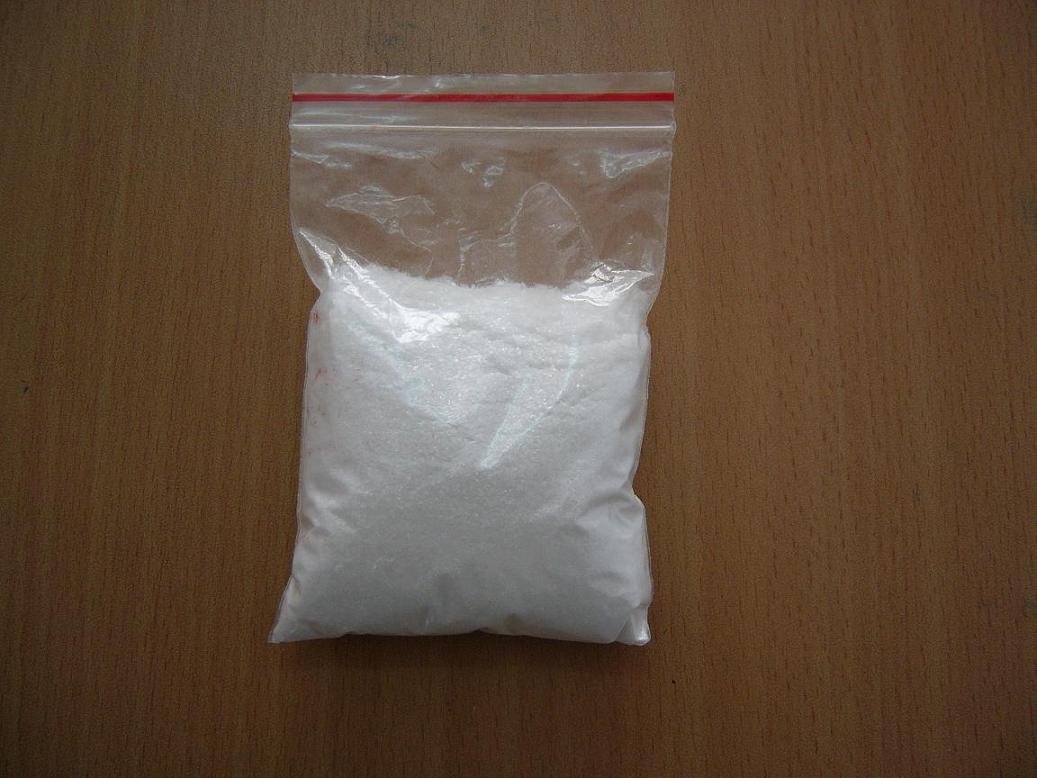
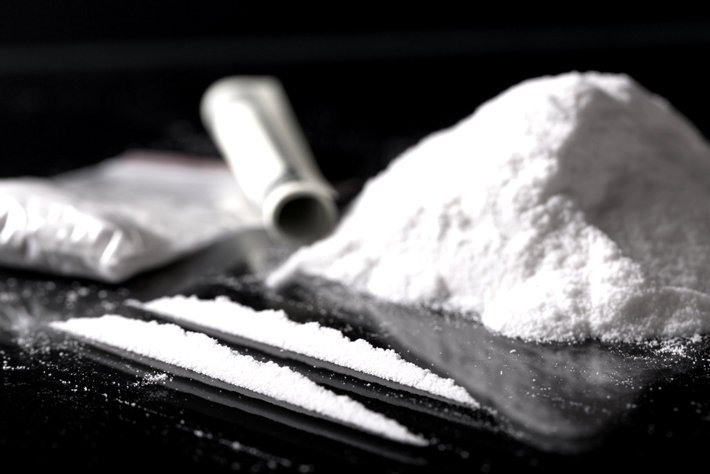

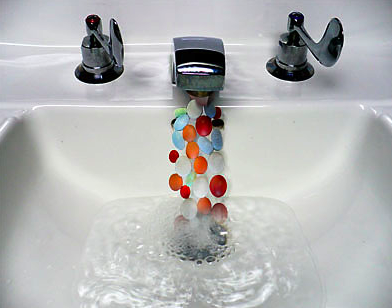
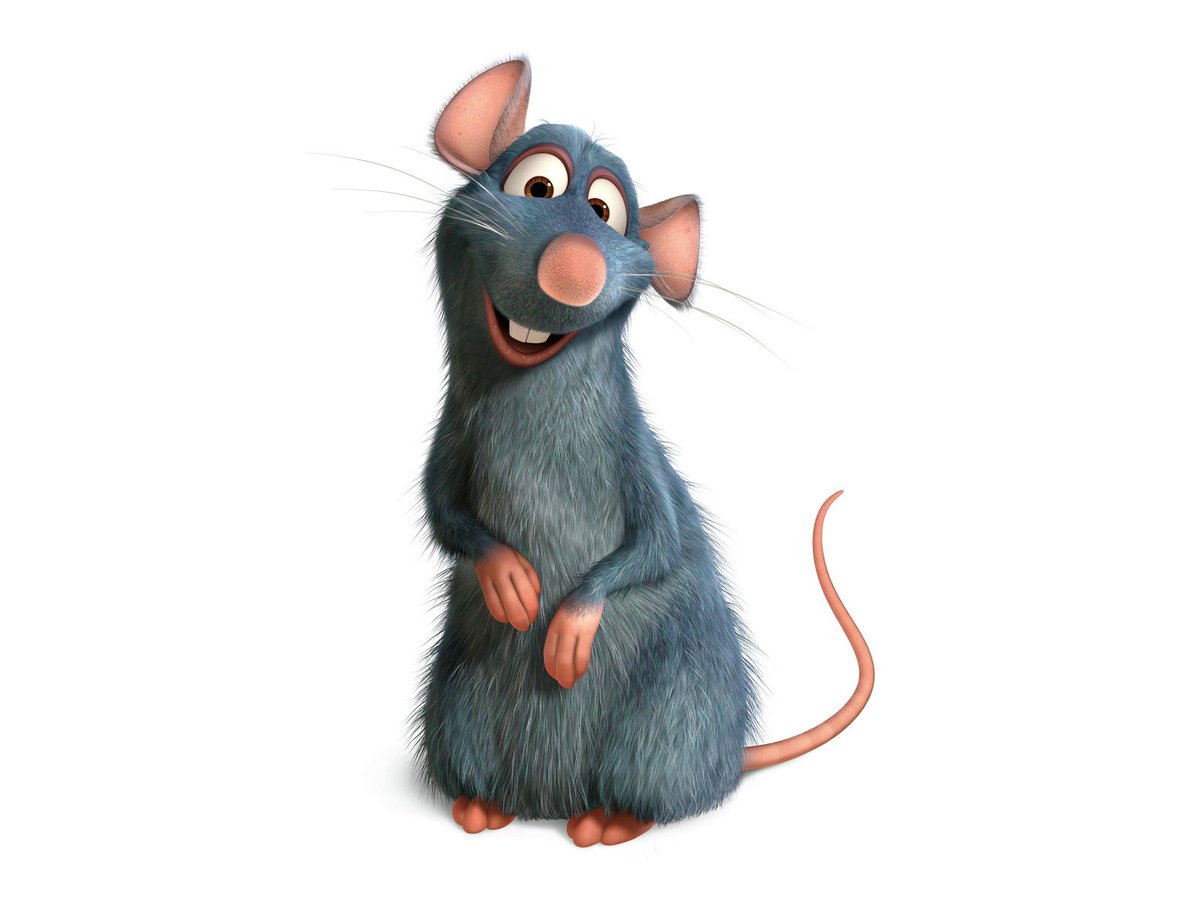
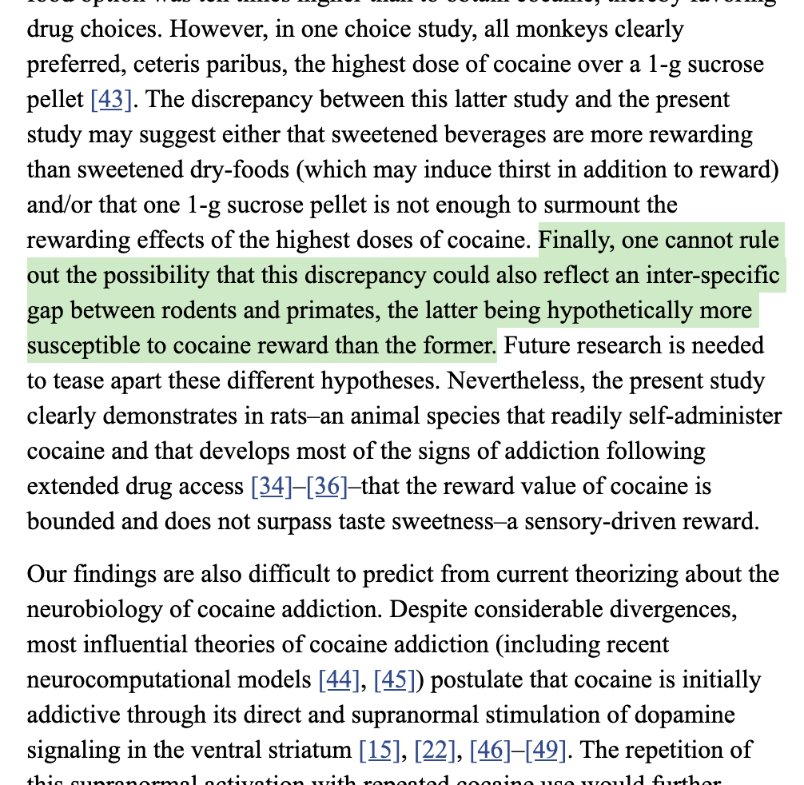
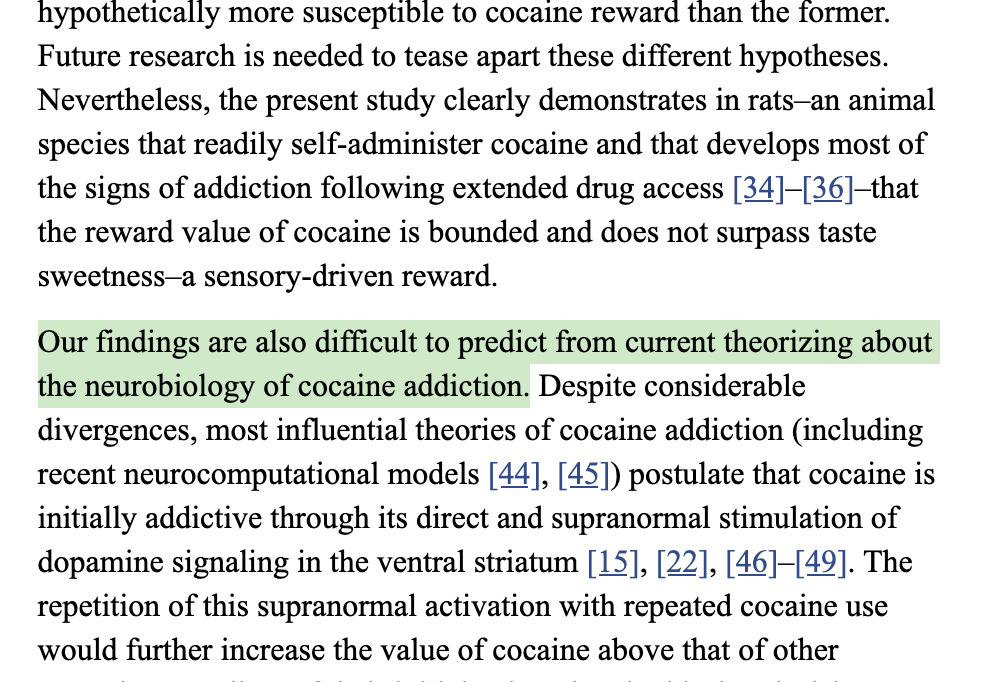
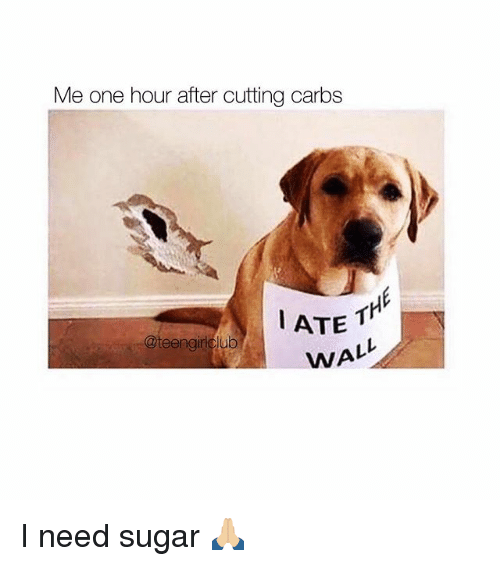
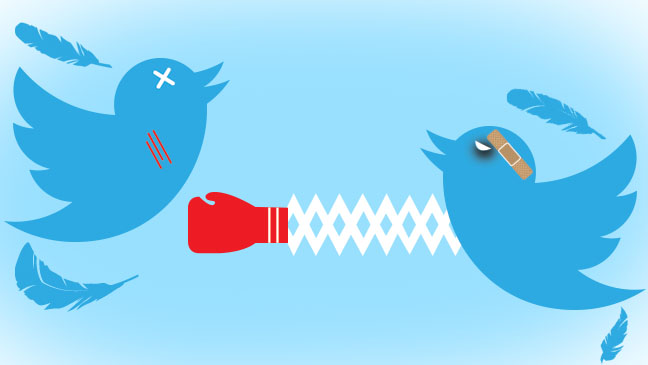 )" title="...and done. Come at me Twitter! (seriously though, I do welcome corrections, polite debate, etc)(p.s. @ahhite this thread is partly your fault as you wouldn& #39;t let the topic lie with @FruehlingAnna https://abs.twimg.com/emoji/v2/... draggable="false" alt="😬" title="Grimacing face" aria-label="Emoji: Grimacing face">)" class="img-responsive" style="max-width:100%;"/>
)" title="...and done. Come at me Twitter! (seriously though, I do welcome corrections, polite debate, etc)(p.s. @ahhite this thread is partly your fault as you wouldn& #39;t let the topic lie with @FruehlingAnna https://abs.twimg.com/emoji/v2/... draggable="false" alt="😬" title="Grimacing face" aria-label="Emoji: Grimacing face">)" class="img-responsive" style="max-width:100%;"/>


